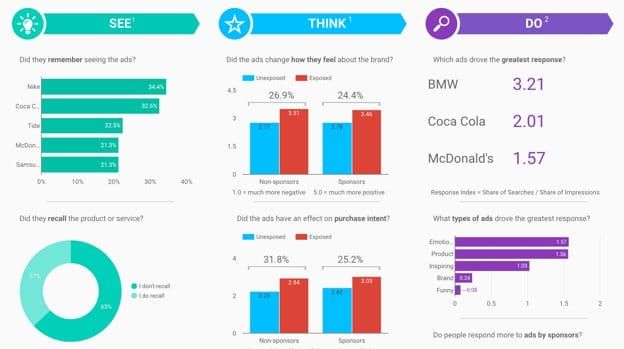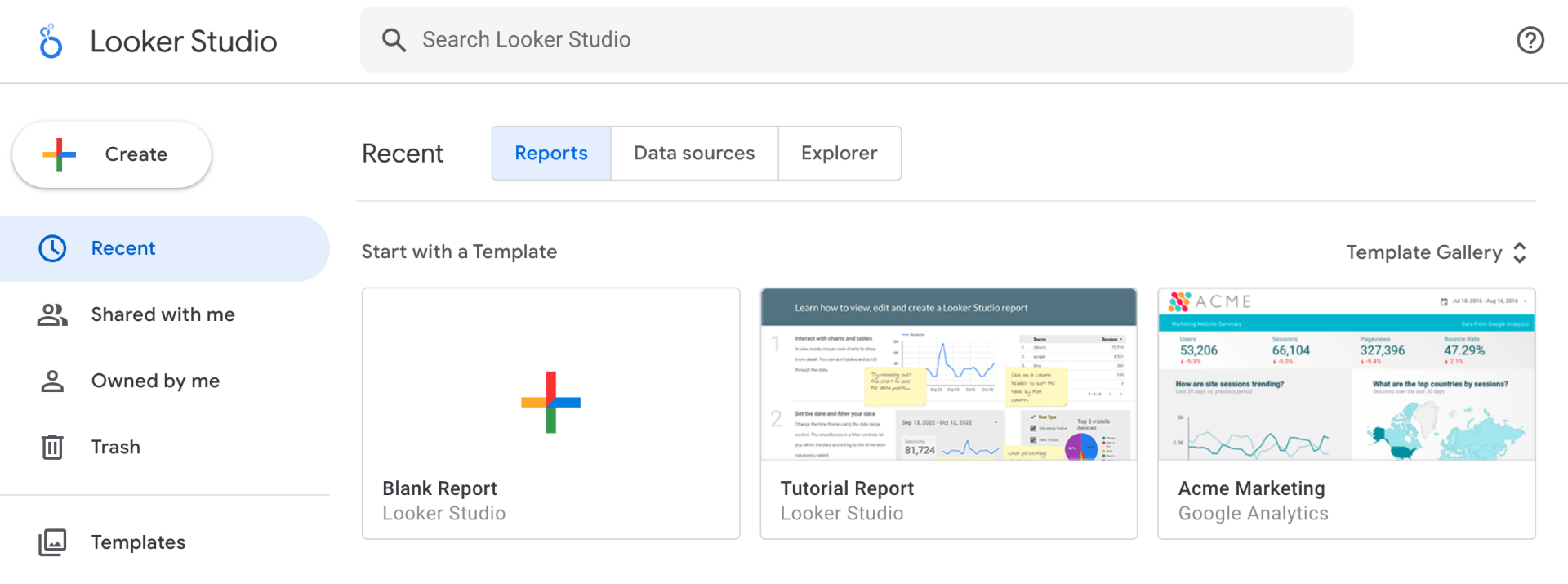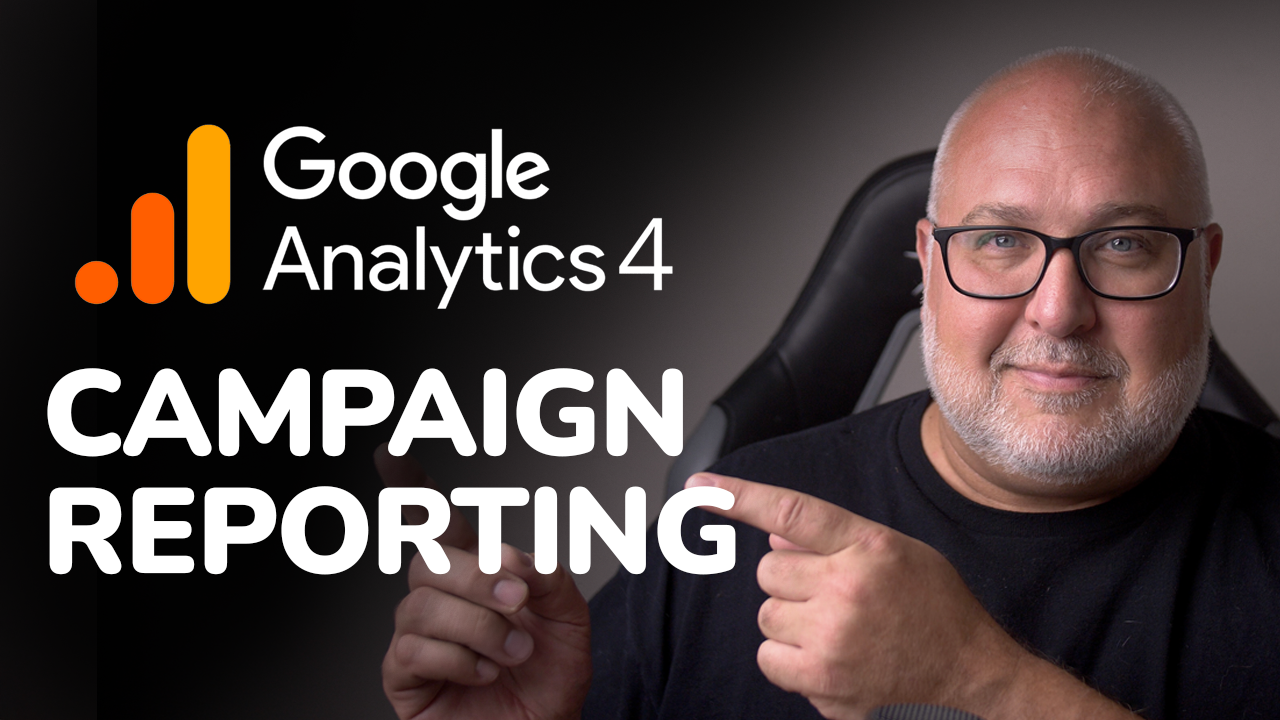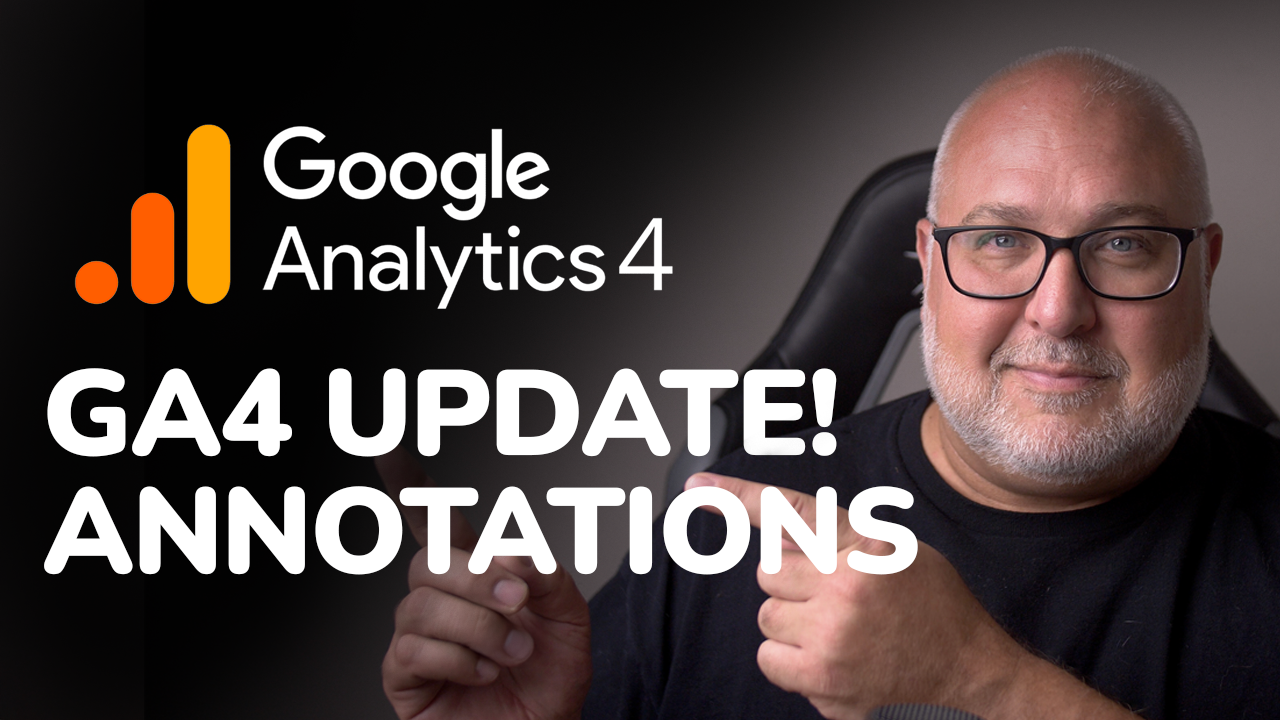Is Google Data Studio Going Away?
Roy Bielewicz
Looker Studio has replaced Google Data Studio

If you’re familiar with, or have been a user of Google’s Data Studio reporting and dashboard tool, it may have come as a bit of a surprise to you when it suddenly changed to Looker Studio on October 11, 2022!
So is Data Studio gone? What has changed? Is it still free to use?
Is Data Studio Gone?
The quick answer is no. And thank goodness! If you’re like us you’ve spent a lot, I mean, A LOT, of time building out dashboards and data integrations in Data Studio.
The brand “Data Studio” is gone, but the new Looker Studio has the same capabilities, look, and interface. In fact, right now the only change is the logo. The reports, data integrations and functionality are the same as they were previously as Data Studio. Even the URL is still the same: datastudio.google.com.
If you’re familiar with some of Google’s previous rebranding efforts, this abrupt change to Looker is par for the course (and just as clunky as other changes). Google said in its announcement, that the name change is part of its larger strategy to integrate all of its business intelligence data tools, including Looker Studio, Big Query, Google Analytics, Google Ads, Cloud SQL, etc., along with Looker (the paid version), which it acquired in 2019.

What Has Changed?
As of the writing of this blog, nothing has changed with the free version of Looker Studio. However, Google has said that it anticipates a greater integration of all of its BI tools under the Looker brand. It has also rolled out a Looker Studio Pro, which has essentially the same functionality, but is geared towards enterprise businesses that want greater control over access, and increased support.
In the near future, you will be able to add the paid Looker BI platform (https://cloud.google.com/looker), which is separate from Looker Studio, as a data source.
Is It Still Free to Use?
Yes. Looker Studio is free to use, just like Data Studio. As we mentioned above, there is a paid version called Looker Studio Pro, and of course the Looker by Google BI tool is also a paid enterprise data solution.
According to Google’s recent documentation, Looker Studio Pro offers more control over access and sharing of reports, and data sources. It has a new team workspaces option that allows for easy collaboration that goes beyond just sharing reports.
Start Using Looker Today!
If you haven’t explored Looker Studio (formerly Data Studio), we highly recommend that you give it a try. It’s a great way to create dynamic dashboards and reports that can include not only Google Analytics data, but date from Google Ads, other third party integrations, and even from spreadsheets.
And if you’ve tried to use the reporting and dashboard features in
Google Analytics 4 (GA4), you’ll see very quickly that it makes sense to build many of these in Looker Studio, especially if you have non-analytics business users who need digestible data.
Resources:
- Looker Studio (formerly Data Studio)
- Looker Studio Pro
- Looker (enterprise BI tool)





